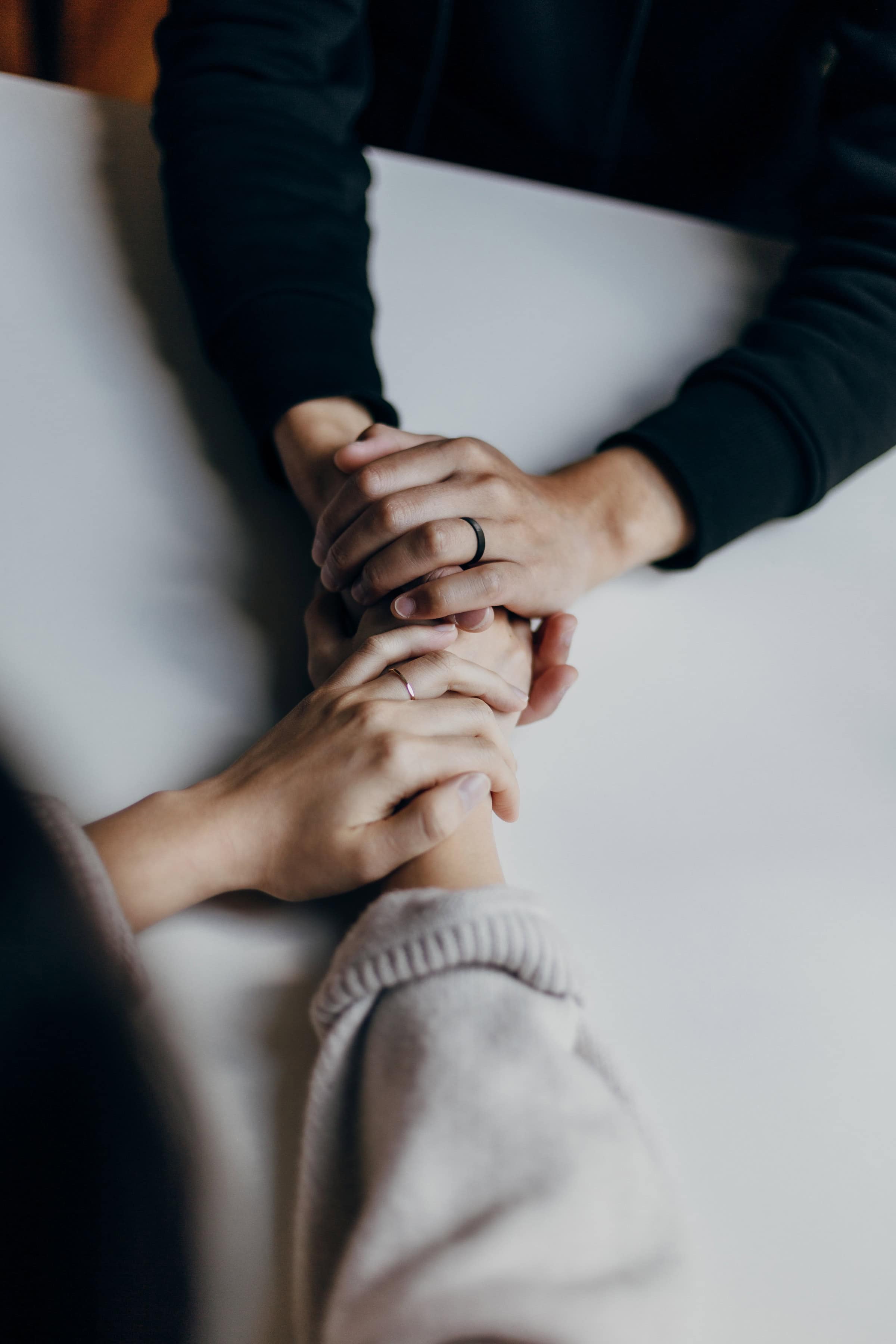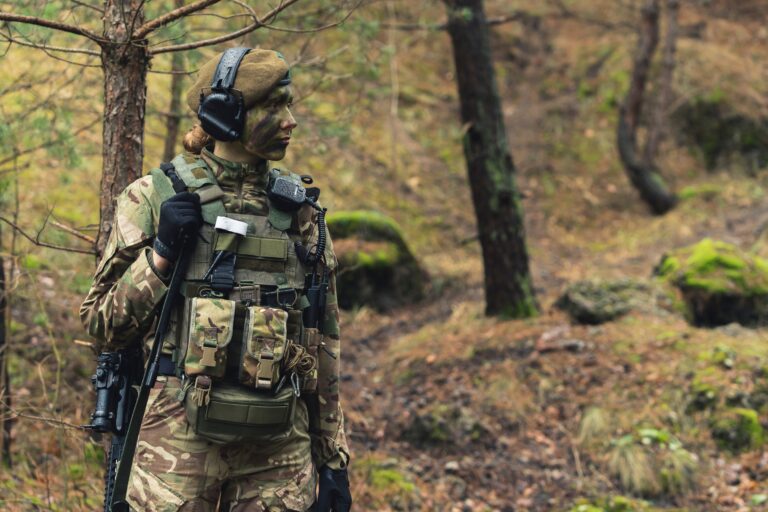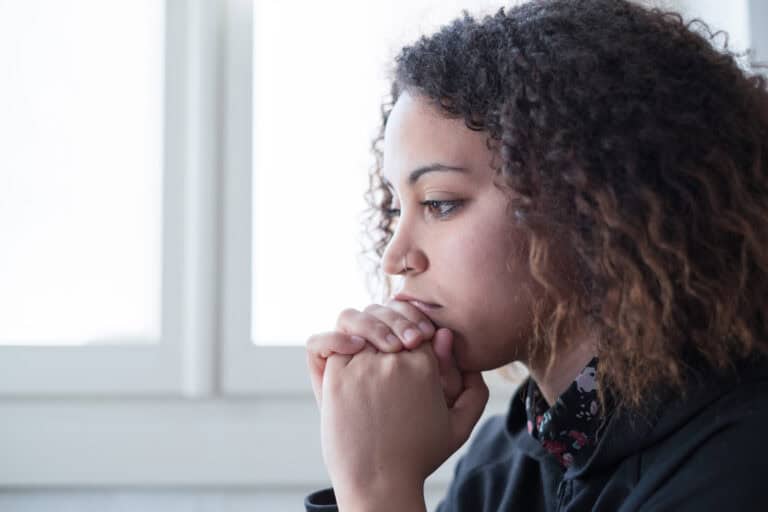
#MilitaryMeToo movement back in the spotlight
MP Sarah Atherton recently made headlines when she denounced a “culture of silence” over sexual abuse and discrimination in the Armed Forces. We welcome the news that Atherton is to chair a sub-committee of the Defence Committee to specifically investigate the experiences of women in the military today, as well as service leavers and veterans.
In a recent news article, she said:
“Too many incidences of bullying, harassment and rape in the military are slipping through a system of military justice that, many veterans say, is not fit for purpose, and which often leaves victims feeling more traumatised, angry and anxious than they were when they reported the incident in the first place.”
Under the current system, service personnel must obtain permission from their superiors to speak to their MP. Atherton has called on this law to be waived so that serving women (as well as veterans) can speak to parliament about sexual abuse and discrimination in the military.
Last year, the MoD promised change after the Wigston Review identified shortcomings in how the military handle complaints for female service personnel reporting sexual harassment, assault and rape, and raised questions about whether the internal investigation process was fit for purpose. A progress report is awaited. Giving evidence to the Defence Committee last week, Nicola Williams, the Service Complaints Ombudsman for the Armed Forces, said that women in the Armed Forces were still five times more likely to make a complaint about bullying, harassment and discrimination and were overrepresented in the complaints system. She added that as far as she knows only one of 36 recommendations made following the Wigston Review have been implemented.
One of the recommendations in the Wigston Review was that there should be a “call for evidence” on inappropriate behaviours in conjunction with an Army Sexual Harassment Survey in 2021. I wrote about the outcome of the last such survey in 2018 in my blog here, including the fact that 75% of those who made a formal complaint said that they had experienced negative consequences as a result, including feeling uncomfortable at work, thinking about leaving the Army and feeling humiliated.
I act for a number of service personnel and veterans who have experienced sexual harassment and/or assault, and in every case the consequences can be devastating. The psychological scars run deep and are often made worse by the systems that should be there to protect the women or men who are affected. We know from the 2019 Report from the Service Complaints Ombudsman that sexual harassment and discrimination is underreported and that those who do report often face long waits for their complaints to be resolved. In addition, where a rape happens between people serving in the Armed Forces it is heard by a court martial, however figures show that conviction rates in these cases are four to six times lower than in civilian courts.
As Sarah Atherton MP wrote:
“Women in the military aren’t getting the justice they deserve and simply don’t feel that the military complaints system supports them. The widely held view is that it suppresses complaints rather than properly and impartially scrutinising them.”
Improvements to the military justice system are long overdue. We welcome all efforts to better understand the challenges faced by service personnel when it comes to sexual harassment and assault and hope that the parliamentary inquiry will be a force for positive change.
If you have experienced sexual harassment or assault in the British Armed Forces, Bolt Burdon Kemp could help you seek the compensation you deserve. Contact our dedicated military claims solicitors to discuss your case in complete confidence.










